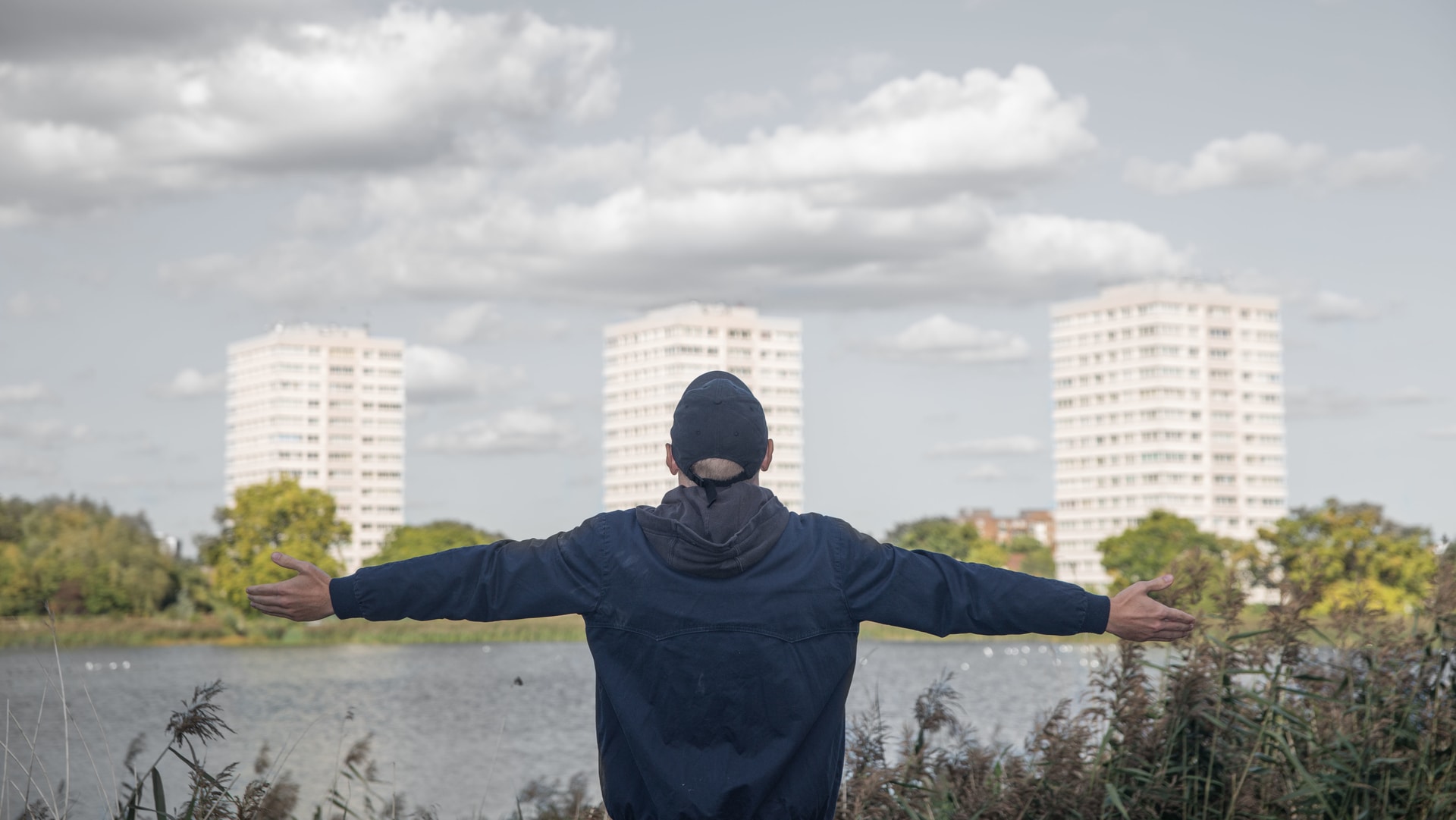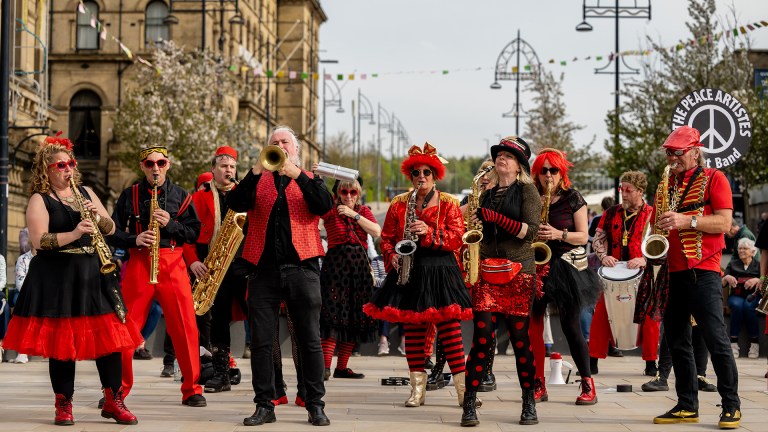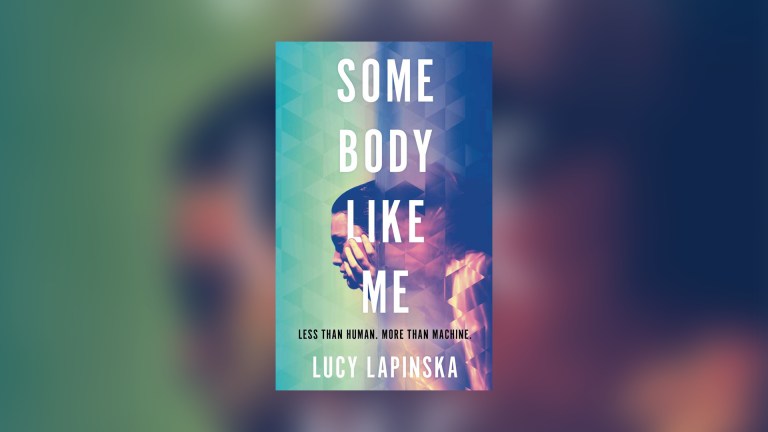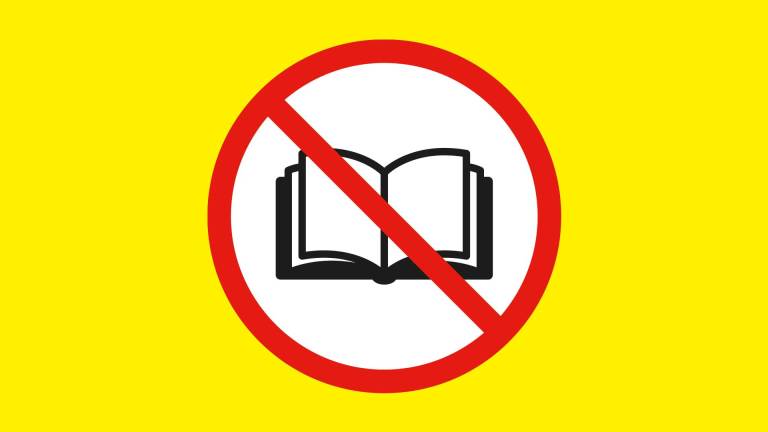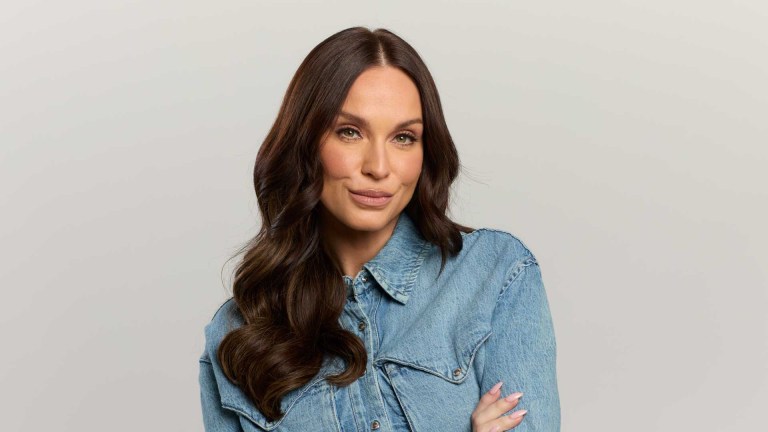It is estimated that around 100,000 children run away from home every year. Most stay away for between one and three nights, but there are some that stay away for much longer, some never return. FCUK’D is a one man play written entirely in verse that follows the story of two brothers (Boy and Mattie) who decide run away from their council estate home in search of a better life. The play is told from the point of view of Boy, the elder of the two brothers. The play takes place in December and at the beginning it is his decision, rather than allow the social services to take Mattie into custody, to take matters into his own hands and run away.
Throughout the play they encounter many problems that children who run away face. Where do we go? Where do we sleep? How do we eat? Although only 17, the character of Boy has inherited a great deal of responsibility becoming his little brother’s main carer at home. Compiled from a 2011 census data showed that nearly a quarter of a million people under 19 in England and Wales were caring for parents, siblings or others – charities say that coping with these pressures caused many to fall behind in school and miss out on their own childhoods. Boy doesn’t attend school but wakes Mattie up in the mornings, feeds him, clothes him and makes sure he’s in on time.
To Boy, Mattie is his life and his purpose is to give him all the opportunities he feels he wasted. But when faced with the prospect of losing him, he loses purpose and therefore decides to kidnap him.
As well as focusing on these issues the play is about a forgotten voice. We don’t often hear these stories in the theatre and we want the play to challenge people’s immediate reactions. We all see people on the tube or in the street we make judgement about. The term CHAV tends to carry many negative stereotypes. We don’t take the time to get to know them. Who are they? What has happened to them? Although Boy makes many mistakes his motives are admirable and all done for his younger brother. It is through being a child himself and being backed into a corner that robs him a chance to see the bigger picture for them both.
I’m interested in stories where things happen. And from the very beginning we’re thrown into their world welcomed as equals with a hope that the audience can leave feeling they have witnessed something and through the play they have a greater understanding of Boy and why he makes the decisions he does.
Theatre is about sharing. And as a play that is an alternative Christmas show, we hope that it gets people thinking differently and thinking more about what is important to them. I had a great teacher at school who told me, “We all have shit to deal with and everyone’s shit is important”.
